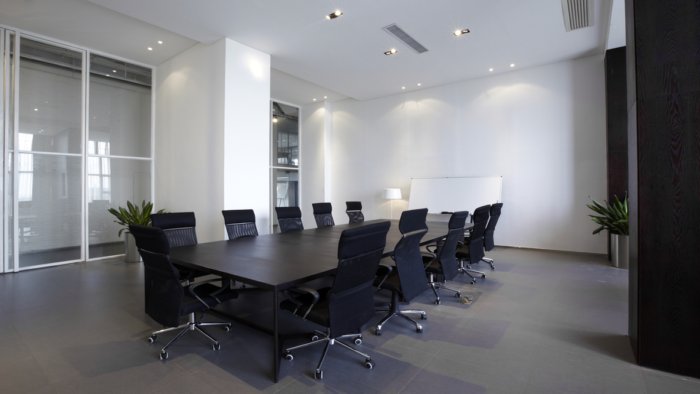Saracen Interiors London knows that it’s the little details that can have a big impact, and it is the little things that office managers often fail to take into account when planning their office space. Below is a list of tips to help you design and construct the best office environment for your employees that will boost productivity and increase efficiency.
Don’t Be too Eager to Sign That Lease
As exciting as it is to start up your new business or locations, a lot has to be considered before signing that lease. Think about:
-
Does the lease offer any flexibility in the layout of the office?
-
Have I negotiated the best deal possible?
-
Do I understand the lease and all lease terminology?
-
Is the lease assignable?
-
Is the business in a location that will be beneficial to customers and employees?
In terms of interior planning, a lease that gives you the option to re-arrange the office as you see fit is the most beneficial. Otherwise, a professional office interior company will be able to help you work around these obstacles.
Don’t ignore the importance of the office location, either. The location should be in an attractive area that will help draw the best talent to your door, and be situated in a spot which is convenient for customers and clients.
Create Different Work Settings
Entering an office which is only rows of cubicles or desks is hardly impressive to employees and clients who will be paying a visit. Variety is a must-have for any office environment. There needs to be a blend of public and private spaces (how much of either may depend on business needs). Office managers should plan for:
-
Group meeting areas
-
Private work areas
-
Lunch and break rooms
-
Meeting rooms
-
“Huddle” areas (i.e. semi-public areas where small groups can get together to discuss ideas)
-
Private break areas (i.e. where employees can go to make personal phone calls, work quietly on projects, etc.)
Don’t Be Afraid of Colour
It’s been proven that colour in the workplace can increase happiness and keep your employees creatively engaged.
-
Blue is the safest option, being a colour associated with honesty, trust and dependability. It can be used anywhere throughout the office space, though is most commonly used in reception areas and public spaces.
-
Turquoise is a colour often found in meeting rooms as it represents clarity of communication and thought.
-
Yellow is associated with optimism and illumination. Its playfulness works well in common areas such as lunchrooms and break stations.
-
Red is a colour of warmth and is thought to draw positive thoughts. Be careful with this potentially dangerous shade, however, as choosing a tone too bright can make employees too excitable or even angry.
-
Orange is associated with fun and vibrancy. Small hubs and huddle areas are often splashed with orange to inspire uninhibited risk and ideation.

